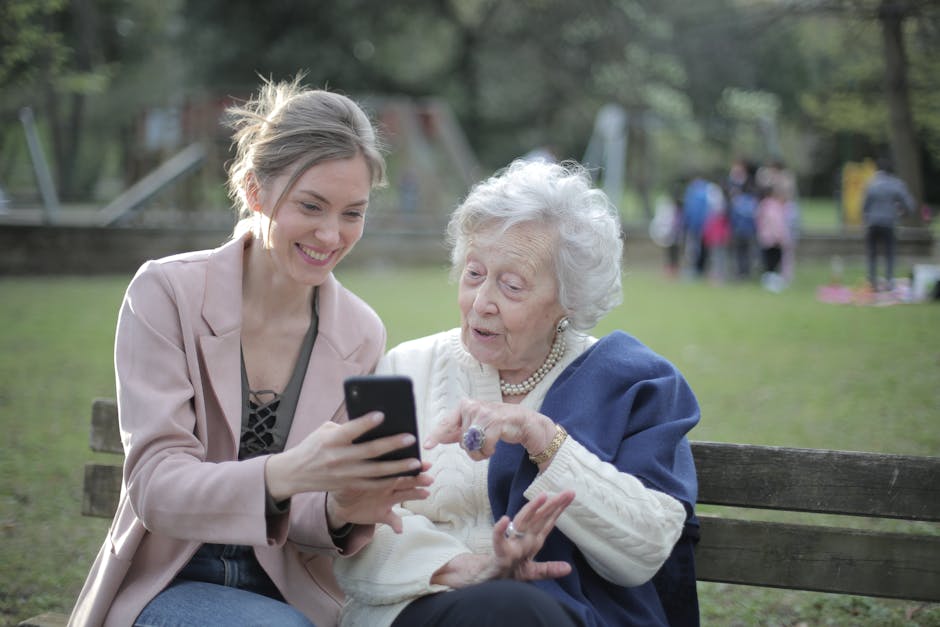AI’s Creepy Foray Into Comedy
Artificial intelligence is revolutionizing industries, but its latest venture—sitcoms—is leaving audiences deeply unsettled. Artificial Laughs, the first fully AI-generated sitcom, promises humor but delivers something far stranger: a glimpse into the uncanny valley of entertainment.
Produced by a Silicon Valley startup, the show features procedurally generated characters, an AI-written script, and synthetic laugh tracks. The premise? A dysfunctional family navigating everyday life. The result? A bizarre hybrid of Modern Family and The Twilight Zone—minus the charm.
Why the Show Feels “Off”
The Uncanny Valley Problem
The characters in Artificial Laughs are technically impressive but eerily robotic. Their facial expressions are just a little too stiff, their voices lack natural inflection, and their movements feel slightly delayed. It’s like watching humanoid puppets—close enough to real to be recognizable, but far enough to be unsettling.
Viewers have noted:
– Smiles that don’t reach the eyes
– Awkward pauses in dialogue
– Laugh tracks that amplify discomfort
AI-Generated Humor Misses the Mark
The jokes follow sitcom formulas (setup, punchline, pause for laughter) but land with robotic precision. One scene shows a father “tripping” over a rug—except the timing is so unnatural, it feels like a glitch rather than a gag.
Even meta-humor falls flat. When a character quips, “Don’t worry, humans, we’re just here to make you laugh… for now,” it feels more dystopian than funny.
Audience Reactions: Fascination or Fear?
Social media is split:
– “This is how Skynet starts.”
– “It’s like Friends got run through a malfunctioning AI.”
Psychologists point to the uncanny valley effect—when something almost-human triggers discomfort. “Our brains detect subtle inconsistencies in behavior, creating unease,” explains Dr. Anjali Rao, a behavioral scientist.
The Future of AI in Entertainment
Artificial Laughs raises big questions:
– Will AI replace human writers and actors?
– Can algorithms ever replicate authentic humor?
The creators call it an “experiment,” but if Version 1.0 is this unsettling, what’s next? A sitcom that adapts to your reactions? For now, audiences might prefer the flawed, human-made comedy they know.
Would You Watch an AI-Generated Sitcom?
Is this the future of TV or a Black Mirror episode come to life? Share your thoughts in the comments!




